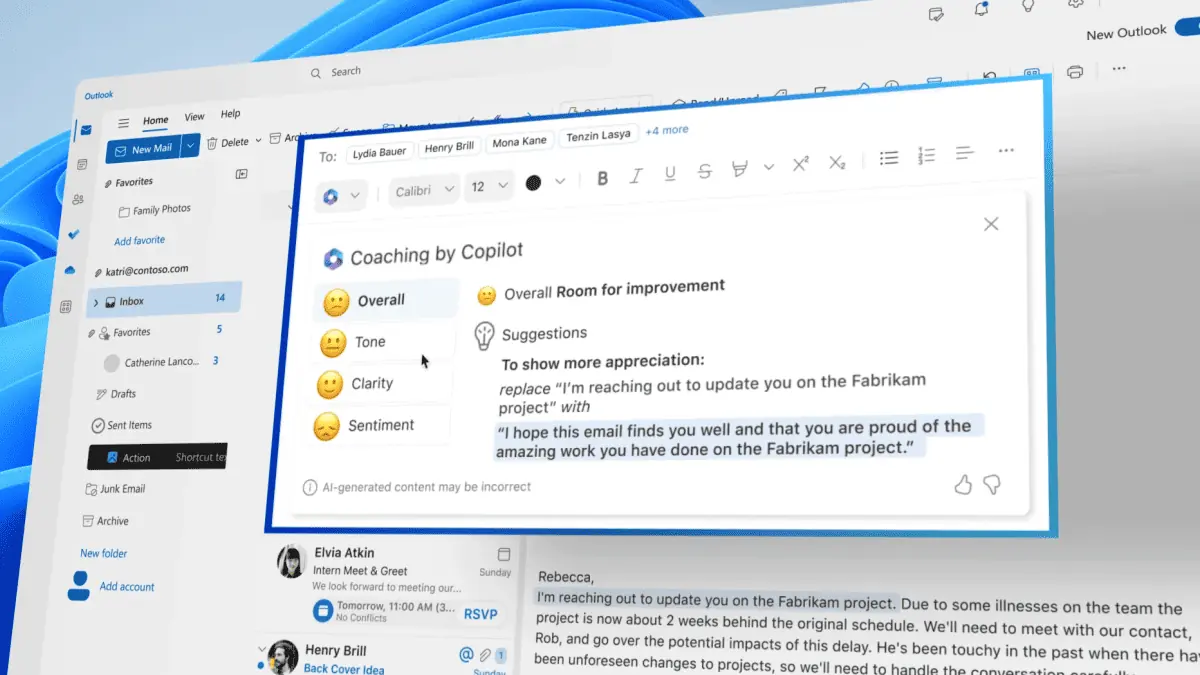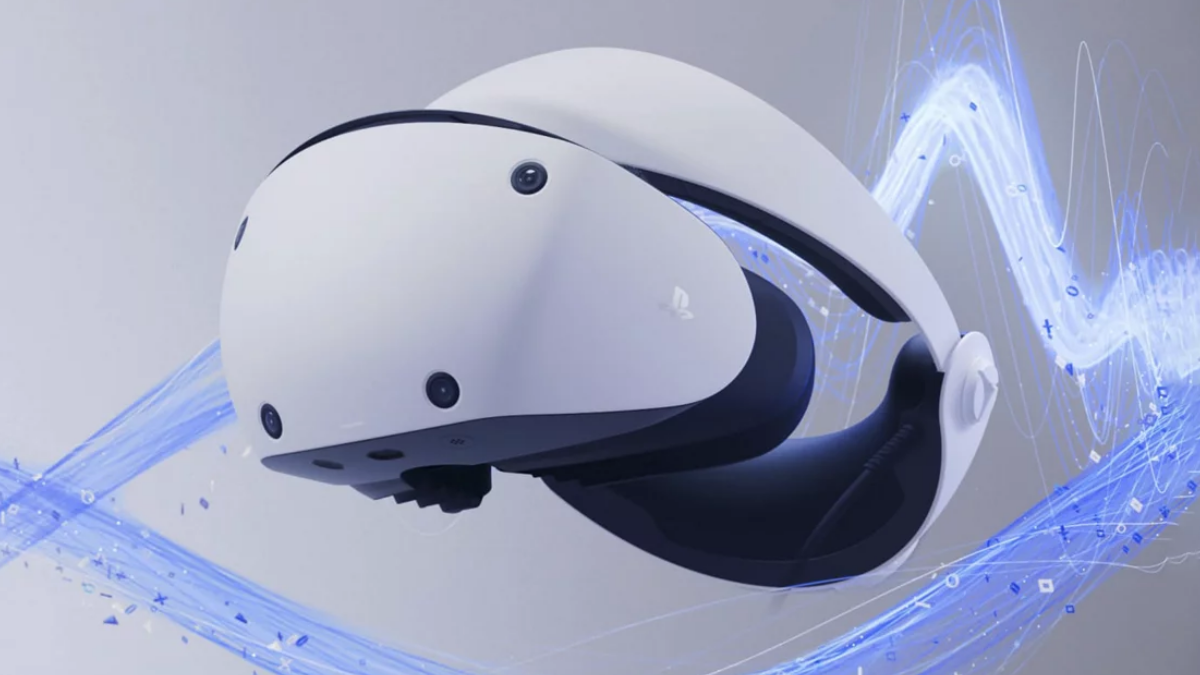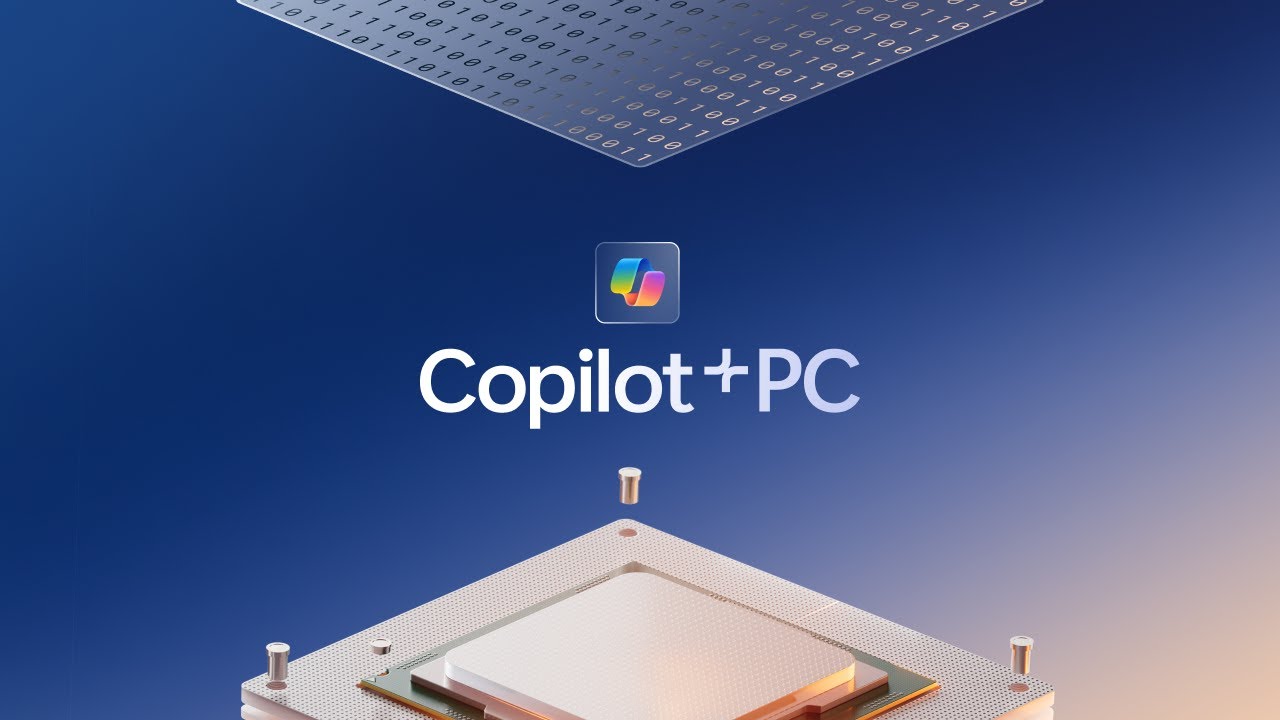Got Microsoft's "Final Notice" email about losing third-party mail/calendar apps? Here's what to know
Starting September 16, you won't be able to access Outlook email address on third-party apps
2 min. read
Published on
Read our disclosure page to find out how can you help MSPoweruser sustain the editorial team Read more
Key notes
- Microsoft is warning users they’ll lose access to third-party mail and calendar apps.
- The announcement will affect apps without Modern Authentication, starting September 16.
- This change is part of Microsoft’s Secure Future Initiative, aimed at improving security after past cyberattacks.

Users have been reporting that they’ve been getting a “Final notice” email from Microsoft, saying that “you may lose access to third-party mail and calendar apps.” Reports go all the way back from a few days to months before the time of this publication.
The email states that Redmond will stop supporting third-party email and calendar apps that require users to sign in with their Microsoft Account username and password. It also encourages users to switch to apps that use Microsoft’s authentication method for better security.
But, is it legit?
Yes, unfortunately, it is. Microsoft has been enforcing its Secure Future Initiative, and as a part of it, new security measures are being introduced to Outlook.
Starting September 16th, Outlook users will need to use Modern Authentication instead of Basic Authentication, affecting older apps that don’t support this method. Gmail accounts have also been unsupported in Outlook.com since June 30, but are still available on Outlook for Windows and Mac.
“If you do not act, your third-party email apps will no longer be able to access your Outlook.com, Hotmail or Live.com email address on September 16th,” Microsoft says in the email, courtesy to this months-old complaint from a Redditor.
The Secure Future Initiative resulted after years of cybersecurity attacks that affected Microsoft heavily, including breaches involving its Azure cloud services. So much so that Microsoft has even required its employees in China to ditch their Android devices for iPhones due to the former’s lack of Google services in the country.
The initiative will use AI and automation to detect vulnerabilities faster, improve default security settings, and strengthen encryption methods—the biggest change of its kind since the Blaster worm attack disrupted Windows XP users in the early 2000s.








User forum
0 messages